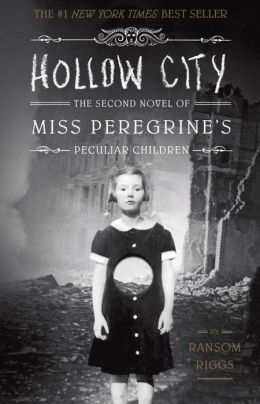Datdat DAT dat DAT dat…
Tap that rhythm… Do you recognize the tune?
Or are you looking at that string of letters wondering why
you are reading this post in the first place if it doesn't make sense?
This is actually a representation of a concept commonly
known as the “Curse of Knowledge”. I absolutely know what song that is; I’m the one who chose it. Where does the breakdown in communication
happen? Between you, the reader, and me,
the author, because I know what I mean but you don’t live in my head (ha!
You’re thankful for that, trust me). I
knew that I was giving you the rhythm for “Happy
birthday to you…” but you did not have all of the relevant information to
give it enough context to understand.
In a fantastic book about what makes ideas memorable (Made to Stick 2007), Chip Heath and Dan
Heath explore concepts such as this one, the Curse of Knowledge. This idea is that the “tapper” has all the pertinent
knowledge that they are trying to get across to the “listener”. The difficulty
lies in the tapper remembering that the listener doesn't have the same
information and figuring out how to “un-know” a lot of that so the person they
are communicating with can understand them.
The Heaths take a look at a 1990 psychological study by Elizabeth Newton
who had a whole slew of volunteers be tappers and listeners. One of the most notable points of this study
is that the tappers estimated before they started that 50% of the time, the
listener would guess the song being tapped.
Turns out, that was overly optimistic and the actual percentage hovered
around 2.5%! What does that mean for you
and me?
It means that while we want and try to be good
communicators, it takes more than desire and knowledge to get your point
across. You need to make sure that
whoever you are communicating with has all of the necessary information to
create a context so that they can understand the message.
This idea was brought back to me due to a string of texts
from a friend of mine. Texts and other
forms of social media communication have done wonders for helping people stay
connected, easily passing information and communicating jokes at lightning
speeds (never underestimate the power of a good joke). However, since both the senders and receivers
of information are lacking a lot of other cues (tone of voice, body stance,
facial expressions) miscommunication can be rampant. Now, I can’t necessarily offer a tried and
true method of sending understandable messages but maybe I can remind you that
the person you are talking to doesn't have your frame of reference to work from
so you need to create a shared one before you are communicating well.
This is the holiday season and maybe many family uproars and
Facebook dramas can be avoided if we make the effort to practice our own end of
communication skills.

